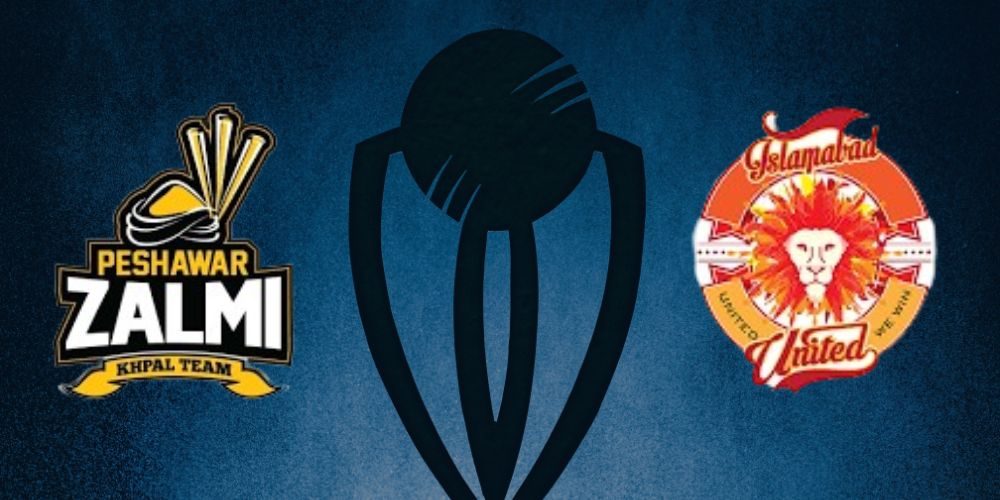Introduction
Every four years, a brilliant surge of excitement washes throughout Europe, kindling hearts and homes with unprecedented zeal. This phenomenon is none other than Euro Cup Fever. Exploring the Passion Behind Europe’s Largest Football Event. The UEFA European Championship, also known as the Euro Cup, transforms quaint pubs in little villages into huge stadiums in bustling cities, becoming the continent’s heartbeat. But what is it about this competition that has captivated the imagination and dedication of millions? Let’s delve deeply into the heart of this burning passion.
The Historical Roots of the Euro Cup
The Humble Beginnings
Few could have imagined the colossal influence of the first European Nations’ Cup, held in France in 1960, on the world of football. The competition, founded by Henri Delaunay, sought to bring together European nations in a display of sporting brilliance and solidarity. Though it started with only four teams, the atmosphere and competitive passion it nurtured paved the way for something far bigger.
Evolution Over the Decades
Since its humble beginnings, the Euro Cup has expanded immensely. Each edition has added layers of history, drama, and spectacular scenes. The competition grew to eight teams in 1980, 16 in 1996, and 24 teams in 2016. This evolution reflects the event’s growing enthusiasm and enormous appeal, transforming it into a must-see spectacle for fans worldwide.
The Unmatched Passion of the Fans
A Continent United by Football
What distinguishes the Euro Cup is the incredible devotion of its followers. When the competition begins, country loyalties are worn as badges of honor. Flags line the streets, anthems reverberate around every corner, and the air is electrified with anticipation. It’s more than just a game; it’s an issue of national pride and identity.
The Rituals and Superstitions
Fans engage in a variety of rituals and superstitions, including painting their faces in national colors and wearing lucky jerseys. Some believe that viewing the game in a particular location or with a specific group of friends might influence the outcome. These traditions, no matter how eccentric, are essential to the Euro Cup experience, giving layers of personal and social meaning.
The fan zones: epicenters of excitement
Fan zones are the pulsing heart of Euro Cup Fever. Cities across Europe convert public spaces into gigantic viewing areas complete with giant screens, food vendors, and nonstop entertainment. These areas become social hubs where strangers can interact over shared joys and sorrows, celebrate accomplishments and lament near misses together.
The Players: Heroes of the Euro Cup
Rising Stars and Legendary Figures
The Euro Cup has served as a breeding ground for legends and the creation of history. From Michel Platini’s brilliant performances in 1984 to Cristiano Ronaldo’s heroic heroics, the event has seen numerous players leave their mark on football history. Emerging players seize the opportunity to shine, frequently turning around their clubs and winning fan adulation.
The Pressure and Glory
For the players, the Euro Cup is the peak of their careers. The pressure to perform is enormous, as they bear the dreams of entire nations on their shoulders. However, the glory of lifting the prize is unsurpassed. It’s more than just winning a tournament; it’s about becoming part of a legacy that will last decades.
The Cultural Impact of the Euro Cup
Beyond the Football Field
The Euro Cup’s significance extends well beyond the football field. It has a tremendous cultural impact, bringing people together across boundaries and instilling a sense of European solidarity. It’s a time for cultural exchange, as fans travel to different places, learn about new cultures, and form long-lasting connections.
Economic Boom
Hosting the Euro Cup has major economic benefits for host countries. It draws visitors, boosts local companies, and generates significant money. Infrastructure improvements and increases to public amenities can have a long-term positive impact on host cities.
Iconic Moments in Euro Cup History
The Miracle of Bern (1954)
The Miracle of Bern, in which West Germany defeated the widely fancied Hungary, remains one of the most memorable moments in Euro Cup history. This triumph not only surprised the football world, but also represented a new beginning for postwar Germany.
Denmark’s Fairy Tale (1992)
In 1992, Denmark’s national team accomplished something many thought impossible. Despite not qualifying for the tournament and being called up as a substitute for Yugoslavia, Denmark won the championship. Their win demonstrates the Euro Cup’s unpredictable and spectacular nature.
Greece’s Astonishing Run (2004)
Another Cinderella story unfolded in 2004, when Greece triumphed above all odds. Known for their disciplined and defensive style of play, the Greek team’s victory was a classic underdog story that gripped the world and inspired innumerable supporters.
The Role of Media and Technology
The Digital Revolution
With the introduction of digital media, the Euro Cup experience has changed tremendously. Social media, live streaming, and instant updates allow fans to follow the tournament in real time. This connectivity has brought fans closer to the action, resulting in a more immersive and engaging atmosphere.
The Power of Social Media
Social media platforms such as Twitter, Instagram, and TikTok have significantly impacted fan engagement throughout the Euro Cup. Memes, viral videos, and live reactions spread like wildfire, transforming each match into a global discourse. Players use these platforms to engage with fans, share personal moments, and develop their personal brands.
FAQs About Euro Cup Fever
What makes the Euro Cup so special?
The Euro Cup stands out because it brings together the greatest teams from throughout Europe, resulting in a highly competitive and renowned tournament. Its special attraction stems from the supporters’ passion, historical relevance, and the possibility for new stars to develop.
How often is the Euro Cup held?
The Euro Cup is held every four years, alternating with the FIFA World Cup, so football fans have a big international tournament to look forward to every two years.
Which team has won the most Euro Cups?
Germany and Spain currently hold the record for the most Euro Cup triumphs, with three apiece.
How can I experience Euro Cup Fever even if I can’t attend the matches?
You can get Euro Cup Fever by watching matches on TV or online, attending local fan events, joining fan zones, and connecting with other fans on social media. The tournament’s social atmosphere extends beyond the stadiums.
What are some iconic Euro Cup moments to revisit?
Some notable occurrences are West Germany’s Miracle of Bern in 1954, Denmark’s unexpected triumph in 1992, and Greece’s stunning victory in 2004. These moments highlight the Euro Cup’s unpredictable and dramatic nature.
Conclusion
The Euro Cup Fever: Discovering the Passion Behind Europe’s Biggest Football Event is more than simply a sporting competition; it’s a celebration of culture, unity, and the human spirit. It’s a moment when national lines blur and people gather together to enjoy the joy and grief of football. Whether you’re a die-hard fan or a casual viewer, the Euro Cup has something special to offer. So, the next time the tournament comes around, embrace the thrill and allow yourself to be carried away by the fervor.
Thank you for joining us on this journey through Snap Blog, where stories come to life. We hope you enjoyed delving into the rich tapestry of human experiences, discovering moments that inspire, provoke thought, and foster connection. As you continue your exploration of our platform, we invite you to engage with us, share your insights, and be part of our vibrant storytelling community. Together, let’s unlock more moments and reveal the extraordinary stories that make life truly remarkable. Happy reading, and see you on the next adventure!


